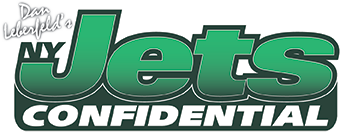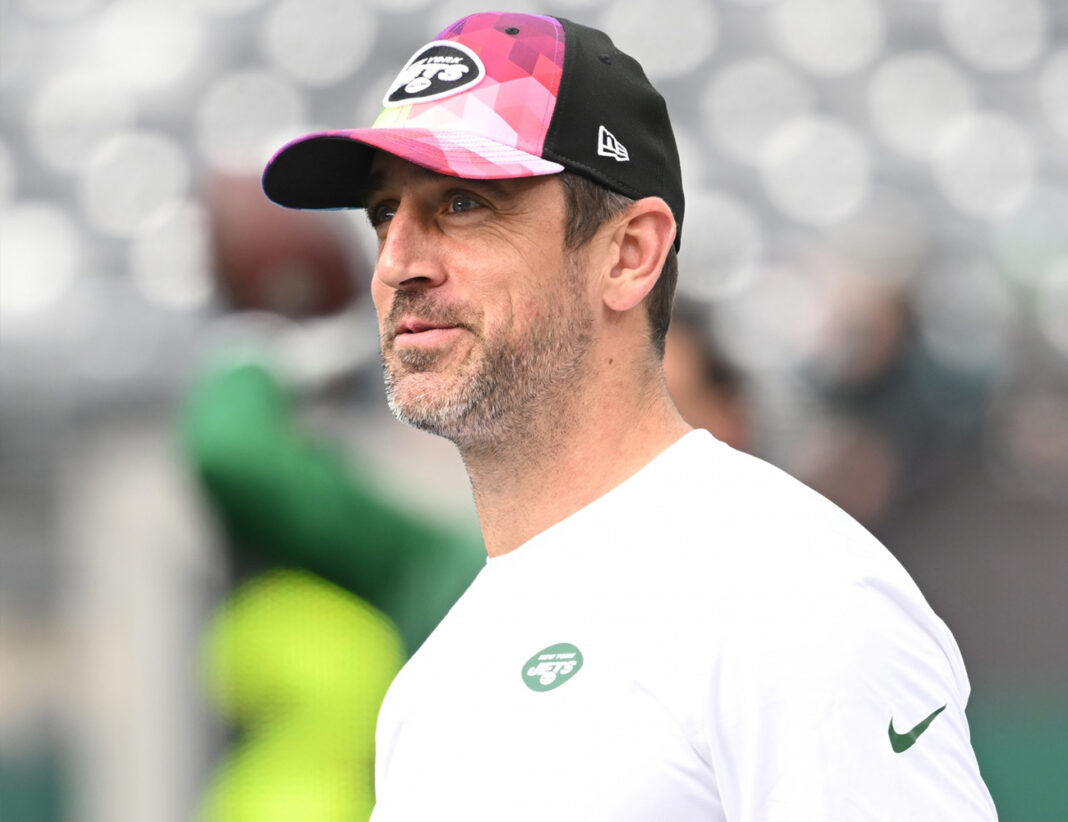Content available exclusively for subscribers
With all due respect to Joe Douglas, who no matter what anybody says, I think is a really good talent evaluator, but I don’t agree with his perspective on people second-guessing the decision to go with Zach Wilson as their primary backup entering the season.
Brian Costello, New York Post: Joe, a lot of people looked at the backup quarterback spot, obviously Aaron (Rodgers) goes down Week One. You’ve taken some criticism on not doing something during the offseason and immediately after Aaron got hurt. How do you feel about the decisions you made in the quarterback room?
Douglas: Yeah, hindsight’s always 20/20. We went into the offseason with the plan of having Zach (Wilson) here with Aaron, it was going to be a great benefit. Zach had a great training camp, and we felt that we had a good plan in place. Obviously, things didn’t work, so hindsight’s always 20/20, so it’s easy to go back and say “woulda, coulda, shoulda.”
I really don’t see this as a “hindsight is 20-20” situation.
Look, there are plenty situations where reporters and fans second-guess GMs for their decisions after a player doesn’t work out, and many of those can be considered “hindsight is 20-20 situations.”
Bill Parcells always would say to reporters – “Don’t always just the decision by the result.”
However, if you were going to try and fix Wilson’s mechanics, footwork, progressions scans, decision-making and so forth this year, all that stuff wasn’t going to be fixed by September. A lot of muscle memory needs to be reconfigured.
So to have a Wilson one snap away, starting in Week 1, when many of his issues weren’t fixed yet, was a dubious plan.
Clearly, they should have had a veteran backup in the mix and made Wilson the #3, at least over the first half of the season. Give Wilson and the coaches more time to work on his mechanics and all that other stuff.
But maybe, Aaron Rodgers wanting Tim Boyle in the QB room, impacted this plan a little.
Boyle wasn’t the kind of veteran backup we are talking about. He doesn’t have much of a body of work, and when he did play in Detroit, it didn’t look great.
However, after Rodgers got hurt, why wasn’t there more urgency to get a veteran QB in the building with experience?
Why were they resistant to doing that?
When you see what Joe Flacco did in Cleveland as an in-season addition, or even Josh Dobbs for a while in Minnesota, you wonder why the Jets didn’t go down that road, but instead stuck with Wilson.
They signed Trevor Siemian to the practice squad in late September, but refused to play him until late in the season. He was 13-11 as a starter in Denver.
Maybe there was a financial angle to this.
Wilson still had a big cap figure last season on his rookie deal which was a 4-year, $35.2 million-dollar, fully guaranteed contract. in a reworked contract, Rodgers is making $37.5 million per.
So between the two of them, the Jets were on the hook for close to $50 million in QB salary last year.
It’s possible the thinking was that they didn’t want to spend much more at the position in a sport with a hard cap.
Whatever the thinking, it would have been better plan to have a veteran, experienced backup behind Rodgers, not signed Boyle (or had him in the practice squad) and had Wilson as the #3.
This is not second-guessing. There was a lot of talk about this before the Rodgers injury.
January 10, 2024
Premium will return by 9:30 pm on Thursday.




